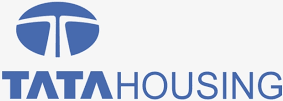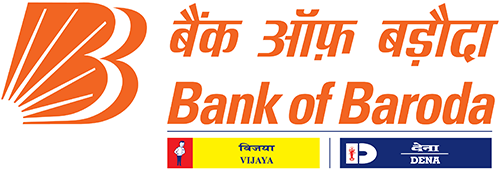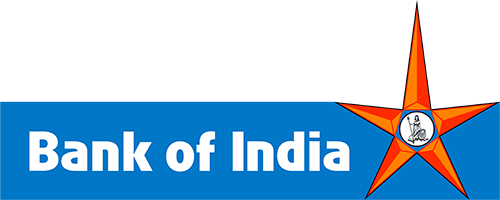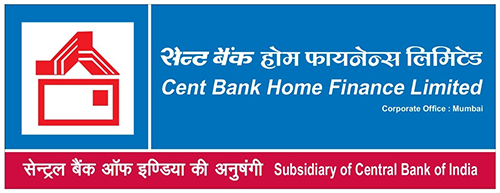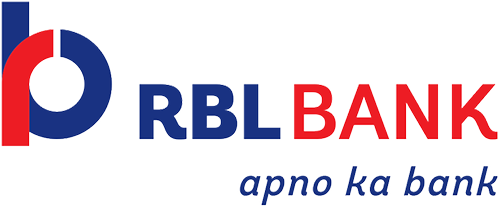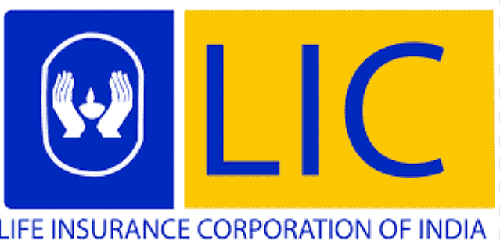1. What is a home loan?
A home loan, also known as a housing loan or mortgage, is a financial product that enables individuals to purchase or refinance residential properties by borrowing funds from a lending institution.
2. How does the home loan process work?
The home loan process involves applying for a loan, submitting required documents, property valuation, credit evaluation, loan approval, and disbursal. The borrower then repays the loan through Equated Monthly Installments (EMIs).
3. What factors affect home loan eligibility?
Key factors include income, credit score, employment history, existing debts, and the value of the property being financed.
4. What are the current home loan interest rates?
Interest rates vary among lenders and loan types. Its crucial to compare rates offered by different banks and financial institutions.
5. How is the EMI calculated?
EMI (Equated Monthly Installment) is calculated based on the loan amount, interest rate, and tenure. Use online EMI calculators for accurate estimations.
6. Can I apply for a home loan online?
Yes, most lenders offer online application facilities, making the process convenient and efficient.
7. What documents are required for a home loan application?
Common documents include identity proof, residence proof, income documents, property papers, and bank statements.
8. How long does it take for a home loan to get approved?
The approval time varies, but it typically takes a few weeks, depending on the lenders processing speed.
9. What is the difference between fixed and floating interest rates?
Fixed rates remain constant throughout the loan tenure, while floating rates fluctuate based on market conditions.
10. Can I transfer my home loan to another lender?
Yes, you can transfer your home loan to another lender through a balance transfer process.
11. What is the importance of a co-applicant in a home loan?
A co-applicant increases loan eligibility by combining their income and creditworthiness with the primary applicant.
12. Are there tax benefits associated with home loans?
Yes, borrowers can avail tax benefits under sections like 24(b) and 80C of the Income Tax Act.
13. How does the loan foreclosure process work?
Loan foreclosure involves repaying the entire outstanding amount before the scheduled tenure, often subject to specific charges.
14. What is the role of home insurance in a home loan?
Home insurance protects the property, and some lenders make it mandatory for borrowers.
15. Can I prepay my home loan?
Yes, you can prepay your home loan, either partially or in full, but it may attract prepayment charges.
16. What is the tenure extension option in a home loan?
Tenure extension allows borrowers to increase the loan repayment period, thereby reducing EMIs.
17. How is home loan interest calculated?
Interest is calculated on the outstanding principal amount, and its crucial to understand the method used by the lender.
18. What are the charges associated with loan processing?
Loan processing charges typically range from 1% to 2% of the loan amount, varying among lenders.
19. What is the loan amortization schedule?
An amortization schedule provides a detailed repayment plan, outlining each EMIs principal and interest components.
20. Can I negotiate the home loan interest rate?
Yes, borrowers can negotiate with lenders for a competitive interest rate, especially if they have a strong credit profile.
21. What are the benefits of refinancing a home loan?
Refinancing can help lower interest rates, reduce EMIs, and provide better terms, improving overall loan affordability.
22. How often can I access customer service for my home loan?
Most lenders offer customer service support during business hours, and some provide 24/7 assistance.
23. What is a home loan top-up?
A home loan top-up is an additional loan amount sanctioned over and above the existing home loan, often at attractive rates.
24. How does a balance transfer calculator work?
A balance transfer calculator helps assess potential savings by moving a home loan to another lender with better terms.
25. What should be included in a home loan documentation checklist?
Essential documents include ID proof, residence proof, income statements, property papers, and other lender-specific requirements.
Q1: What is the maximum quantum of financing offered for home loans?
Switchmyloan provides a maximum financing of up to 90% of the propertys market value.
Q2: What is the repayment tenure available for home loans?
Enjoy an extended repayment tenure, with the flexibility to spread payments over a maximum of 360 months.
Q3: Is there a moratorium or holiday period available?
Yes, you can benefit from a moratorium or holiday period of up to 36 months to plan your finances effectively.
Q4: What is the starting EMI for home loans?
EMIs start at a competitive rate of Rs. 755 per lakh, ensuring affordability and financial ease.
Q5: Is the income of a co-applicant considered for eligibility?
Certainly, the income of a co-applicant, preferably a close relative, is considered to enhance your eligibility.
Q6: Are there Smart Home Loan options available?
Yes, explore Smart Home Loan options with an Overdraft (OD) facility covering the entire limit or outstanding balance at the Home Loans rate of interest.
Q7: Can the home loan be used for various purposes?
Absolutely, the loan can be utilized for purchasing a plot, extending or renovating existing property, furnishing the house, or installing solar PV systems.
Q8: Is there a facility for top-up loans and balance transfer?
Yes, avail of instant top-up loans and the convenience of balance transfer facilities for additional financial support and better terms.
Q9: Are insurance premiums included in the loan?
Certainly, insurance premiums can be included in the project cost, treating it as a component of the home loan.
Q10: Are there flexible EMI options available?
Yes, you can opt for step-up or step-down EMI facilities, allowing adjustments in EMI amounts over time to suit your evolving financial capacity.
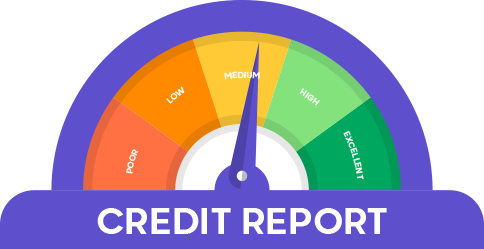
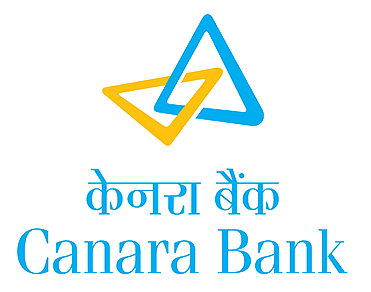
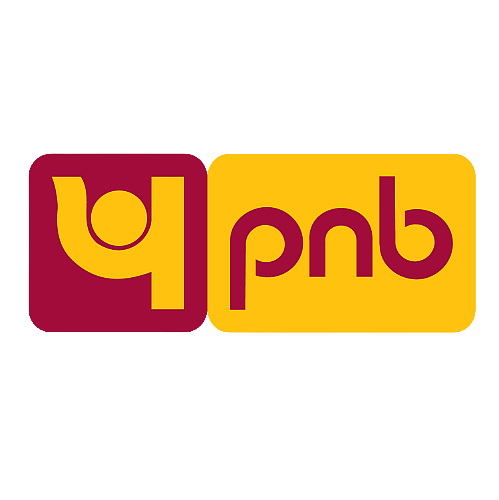
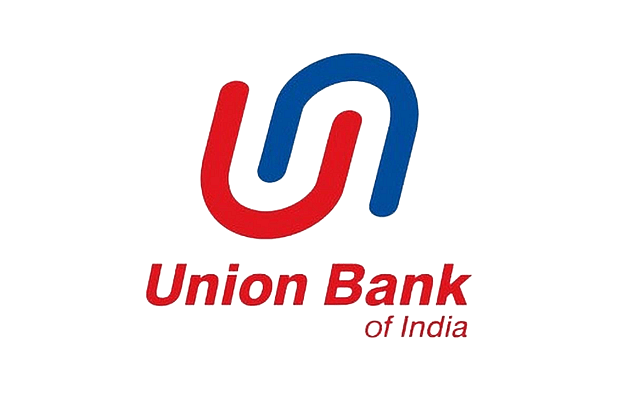

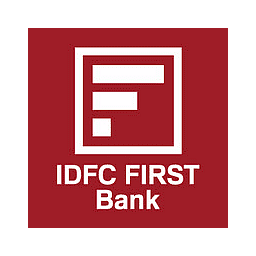



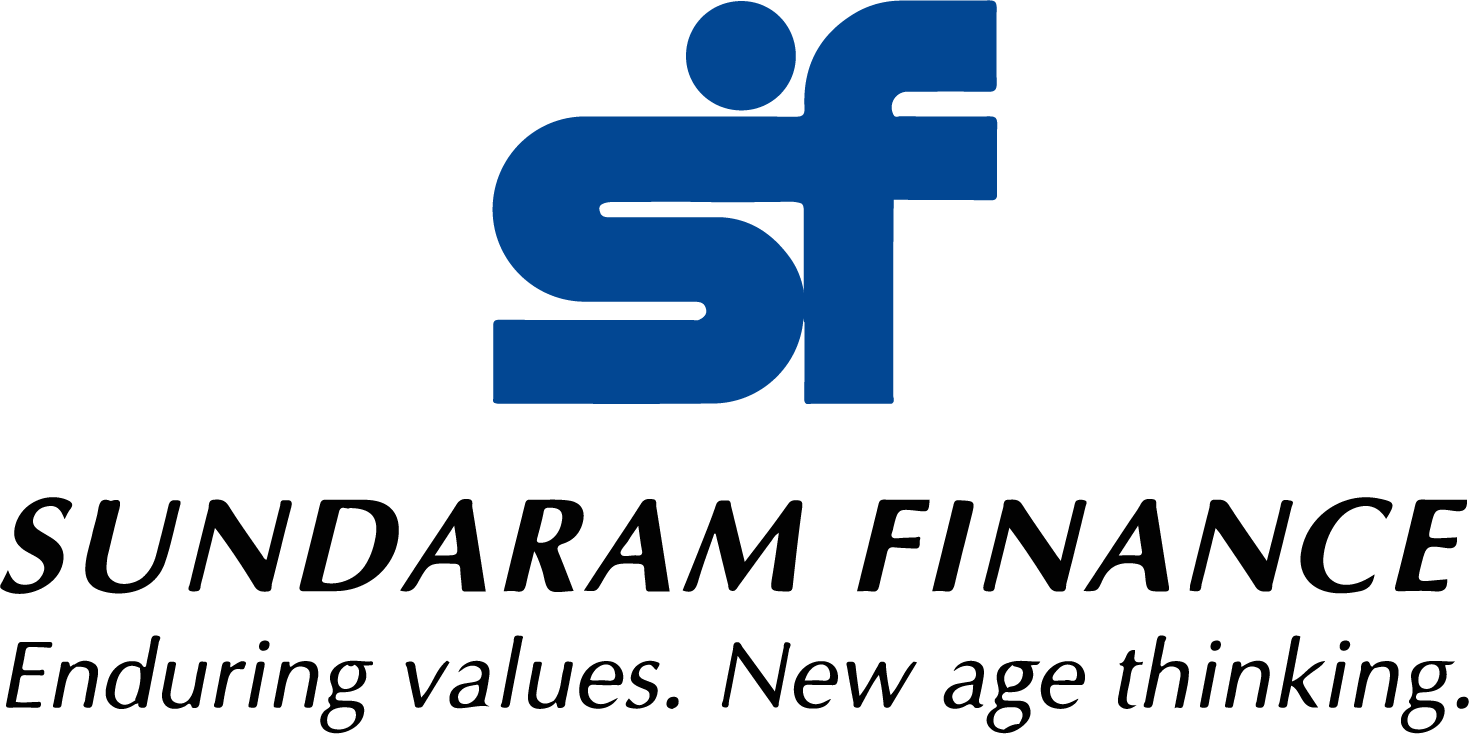
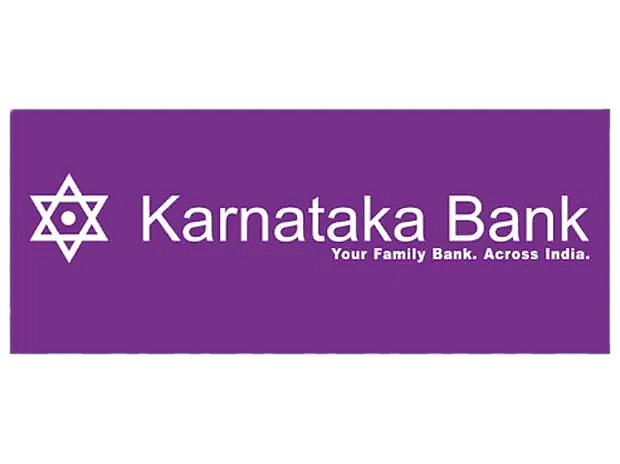
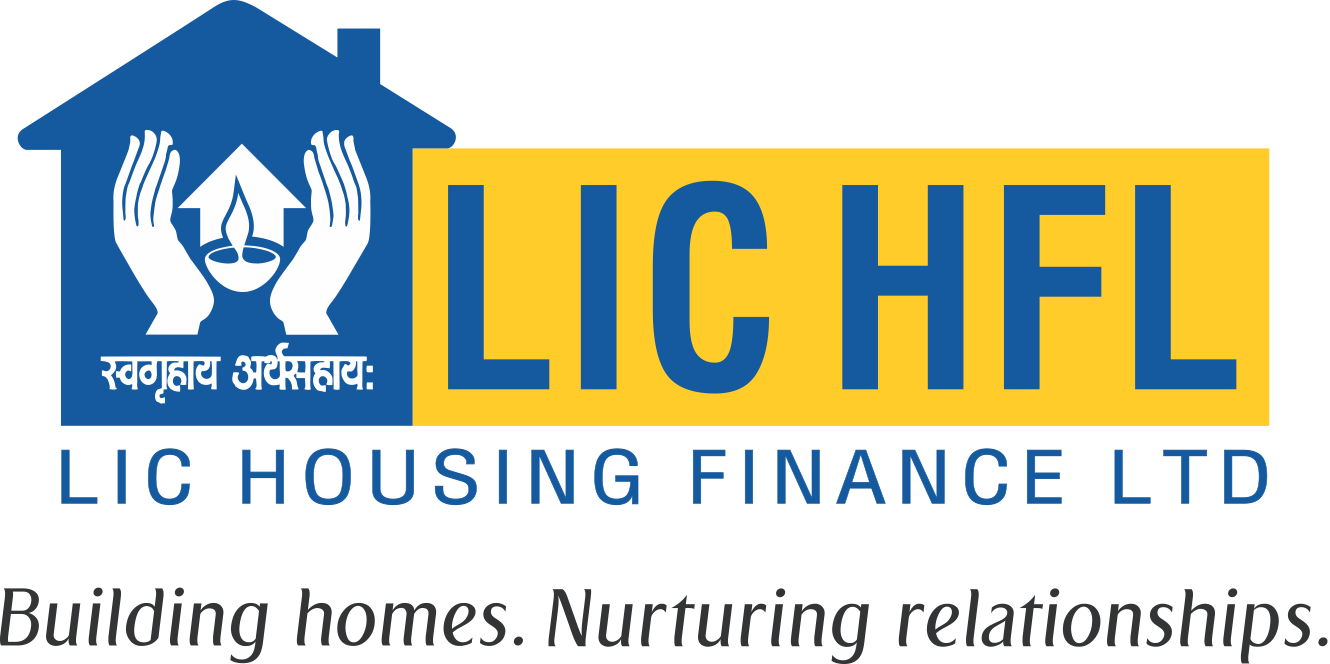
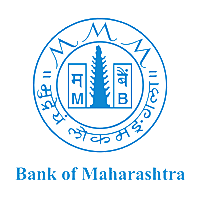
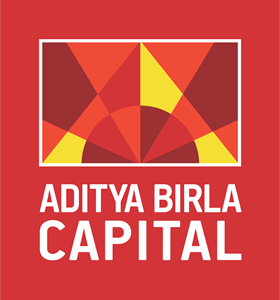
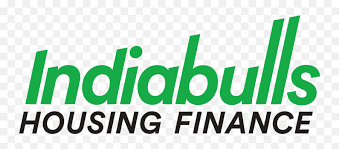

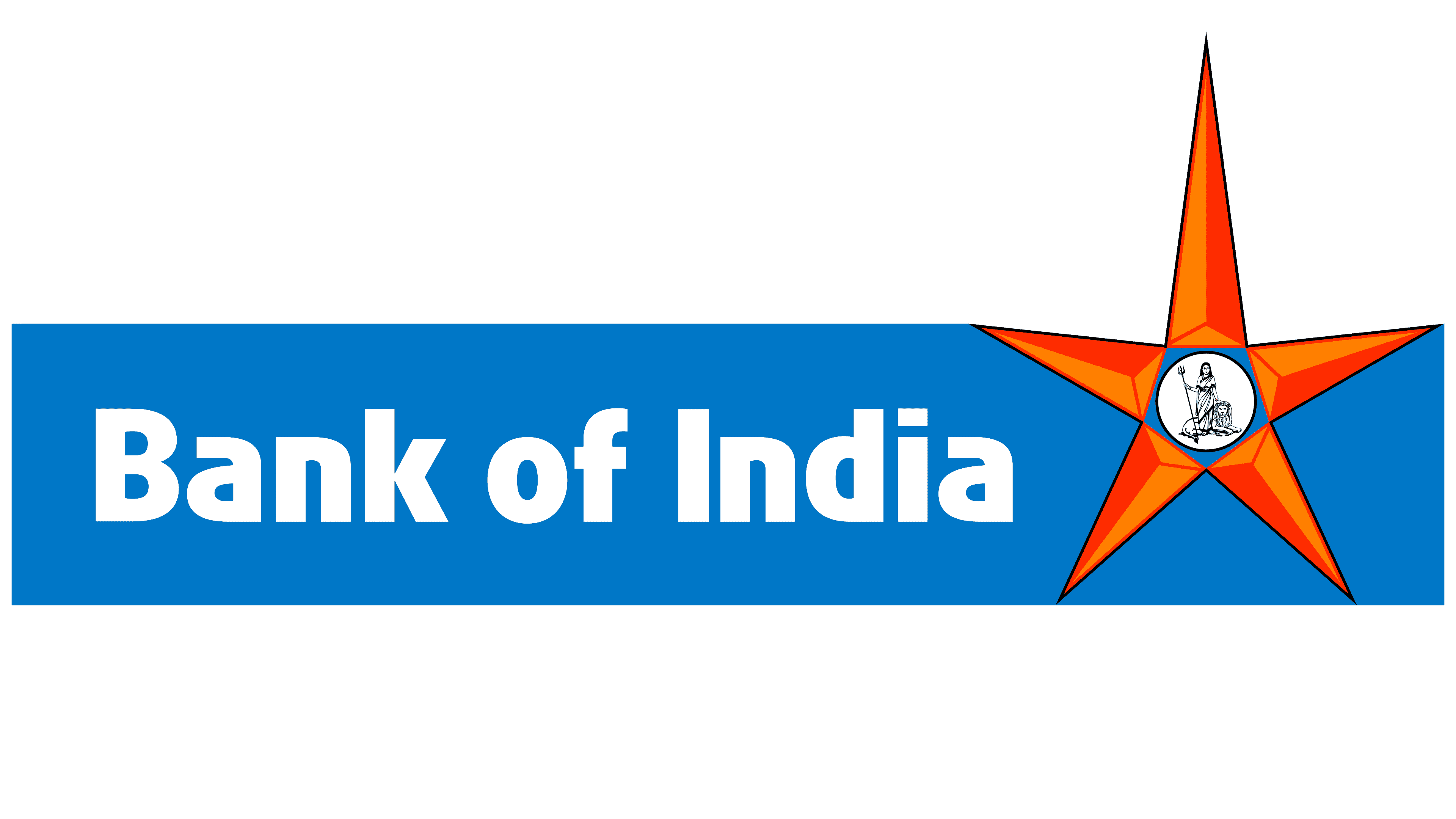
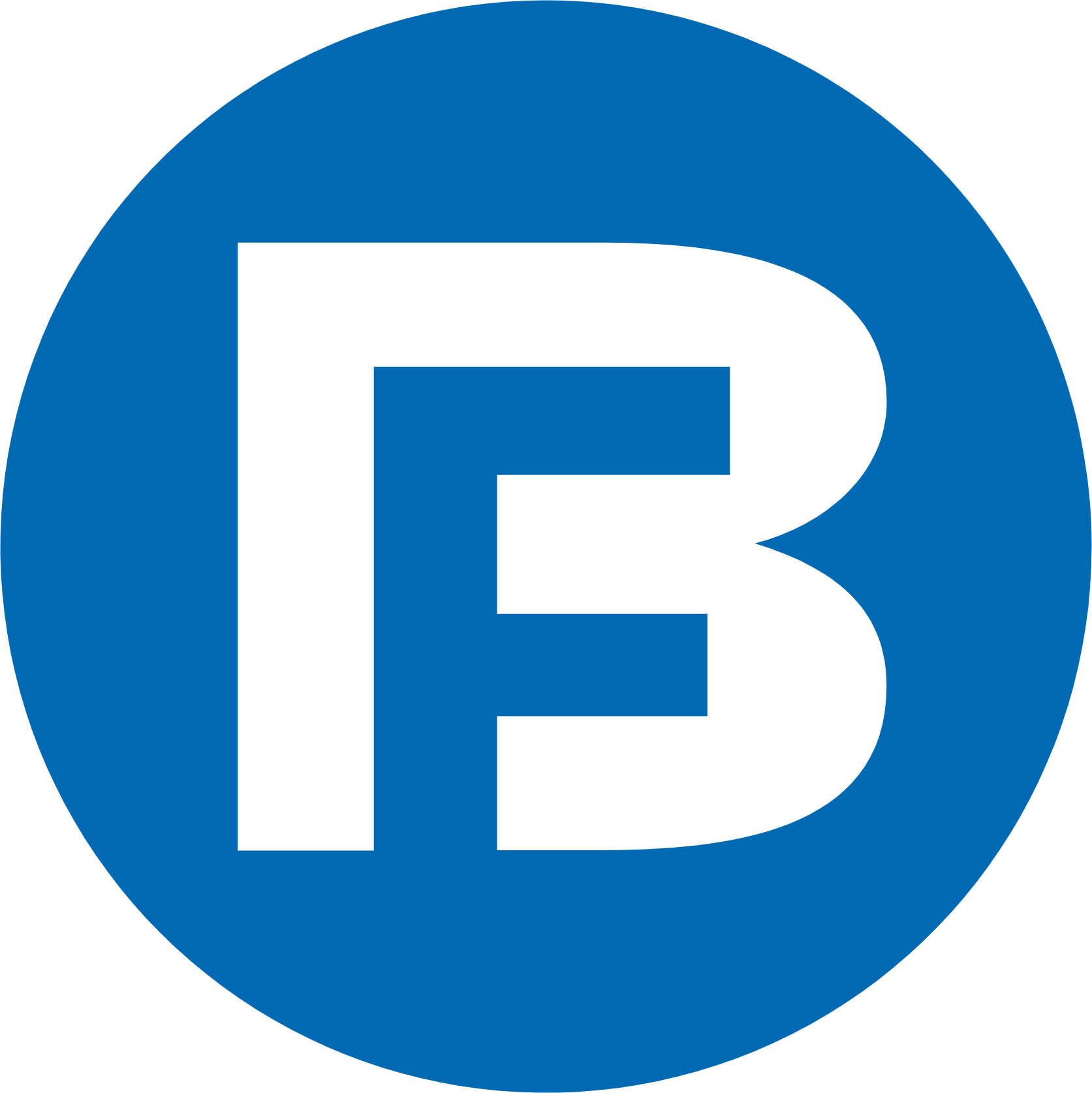



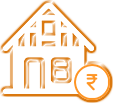







 >
>










